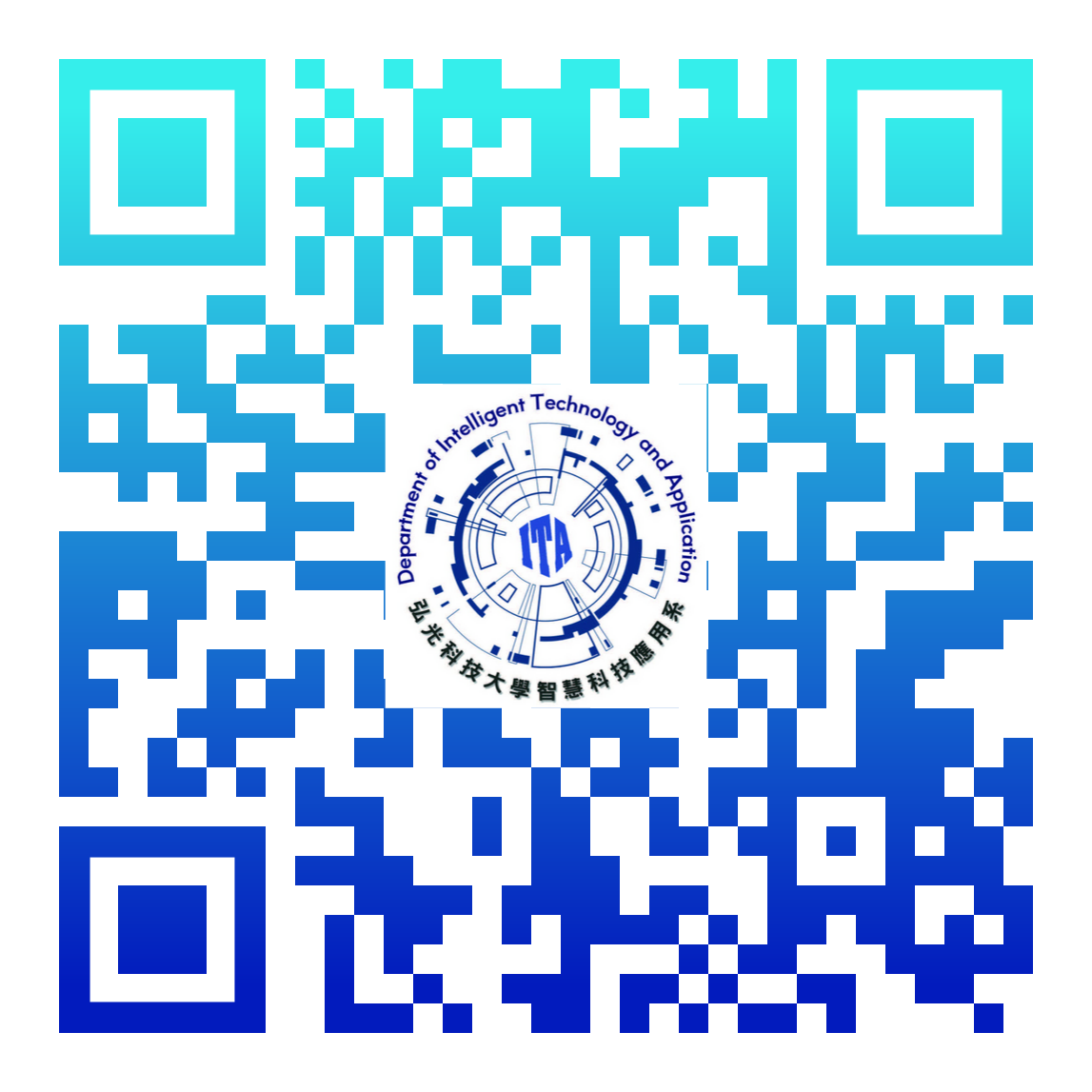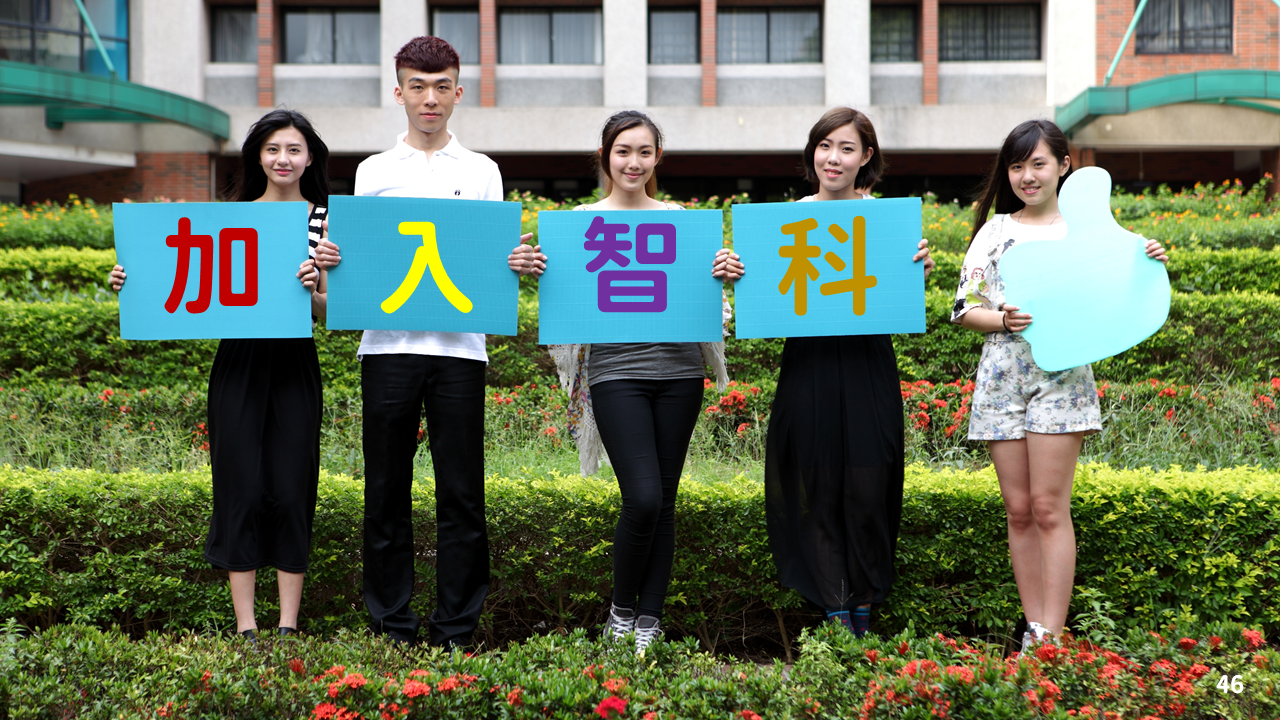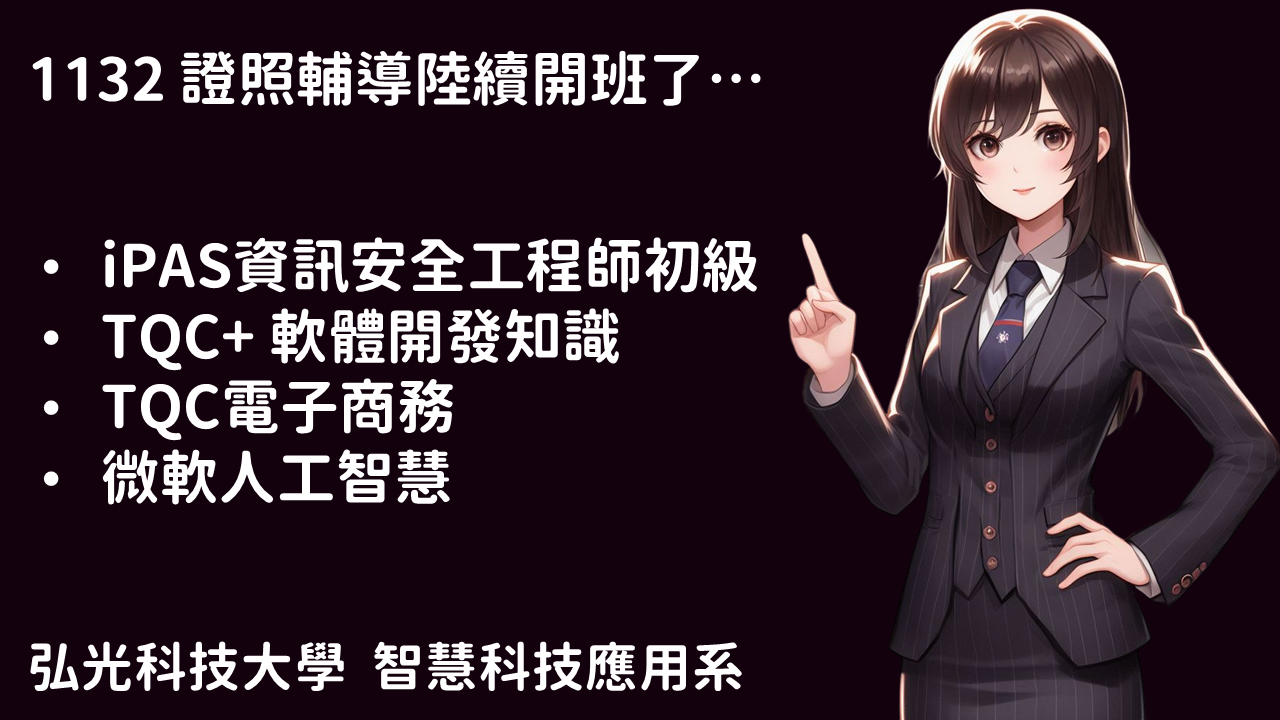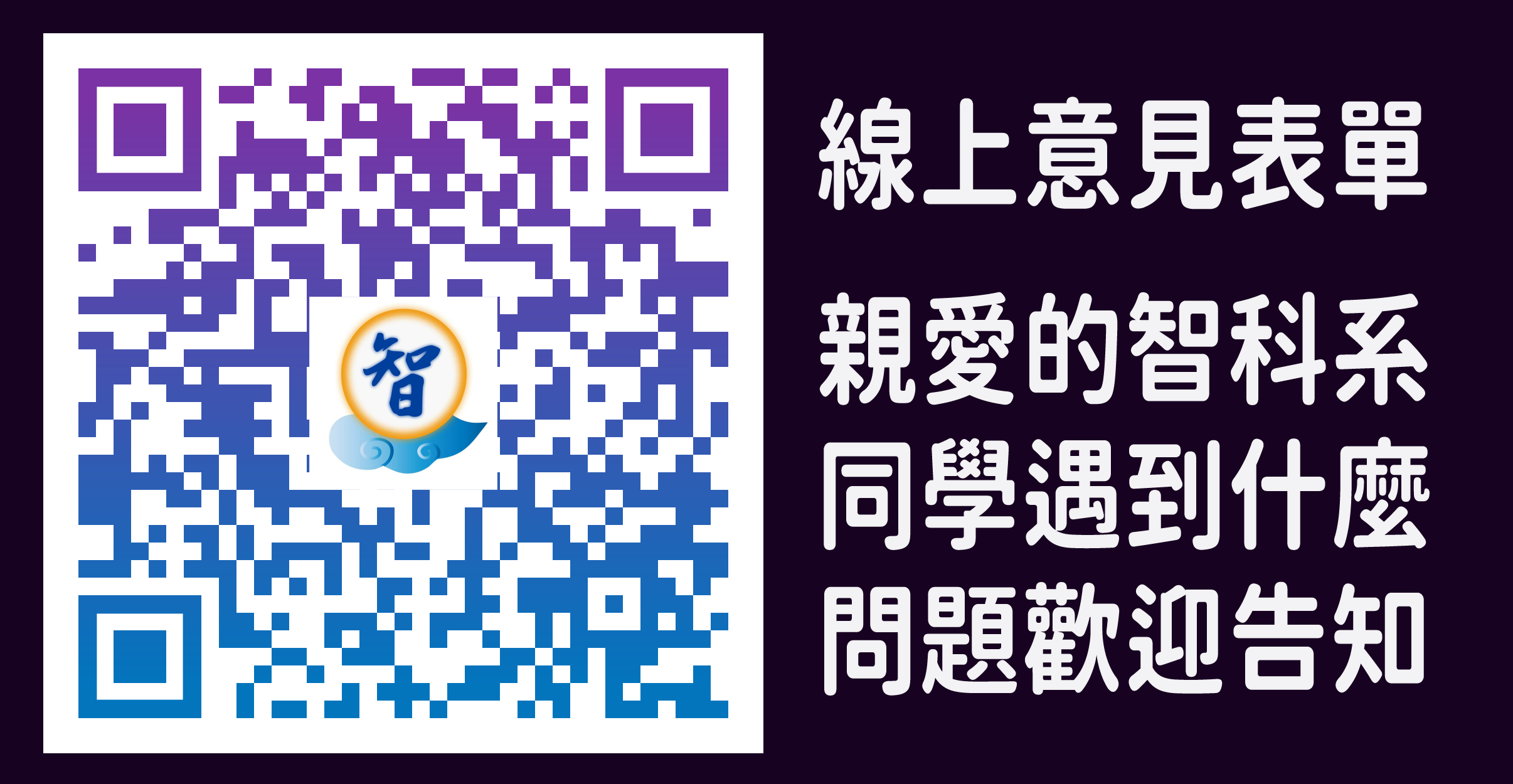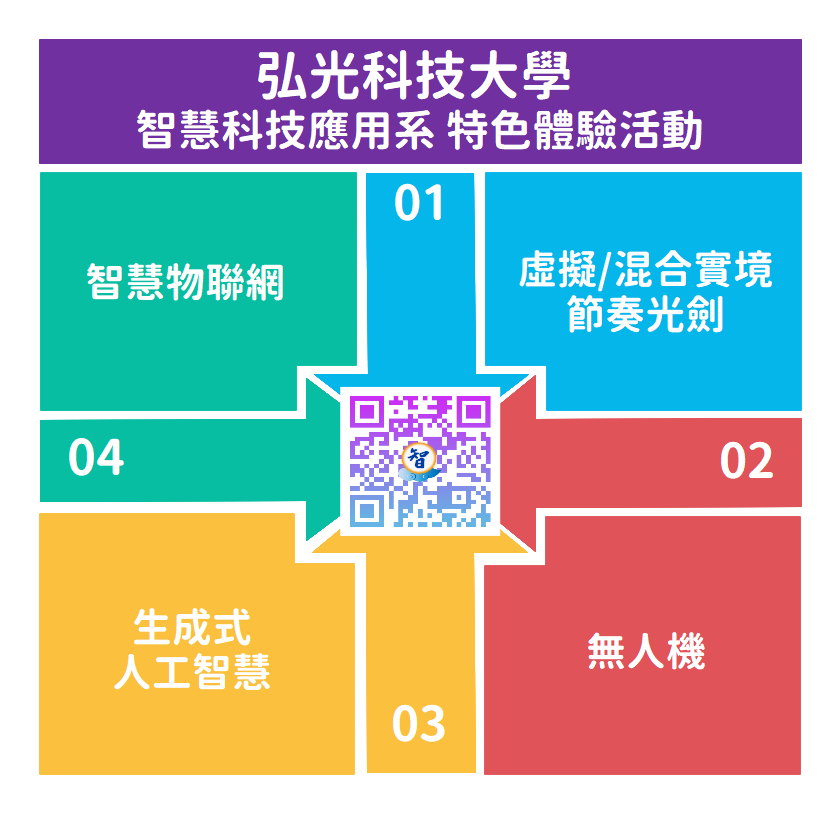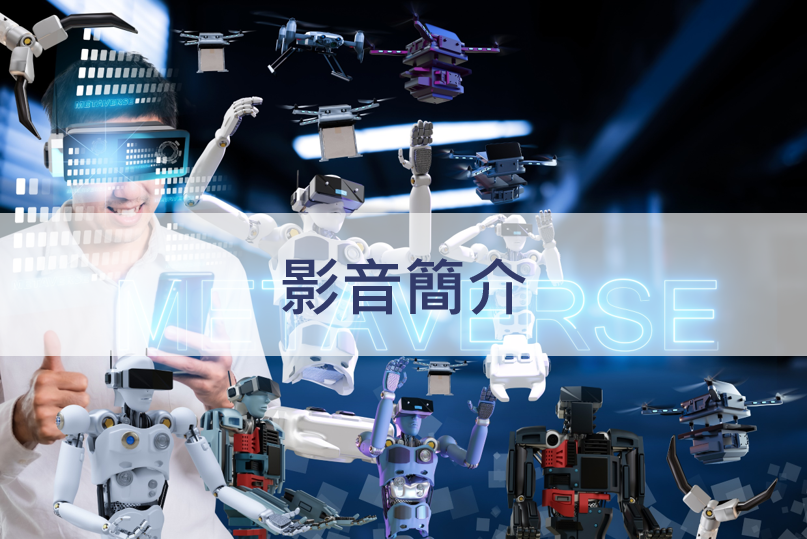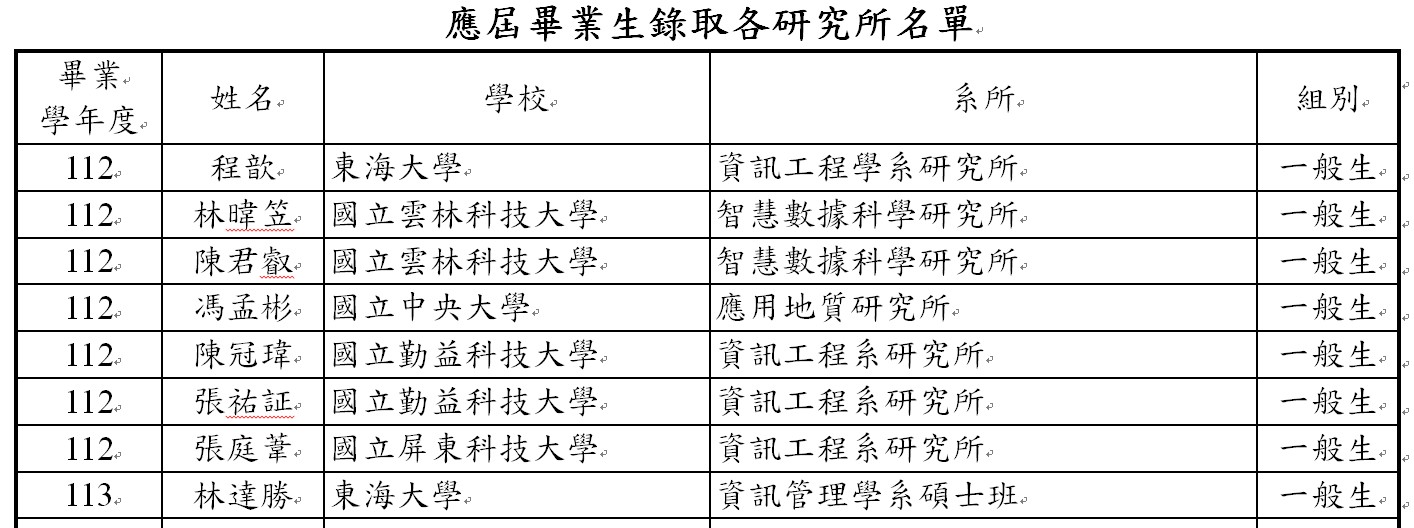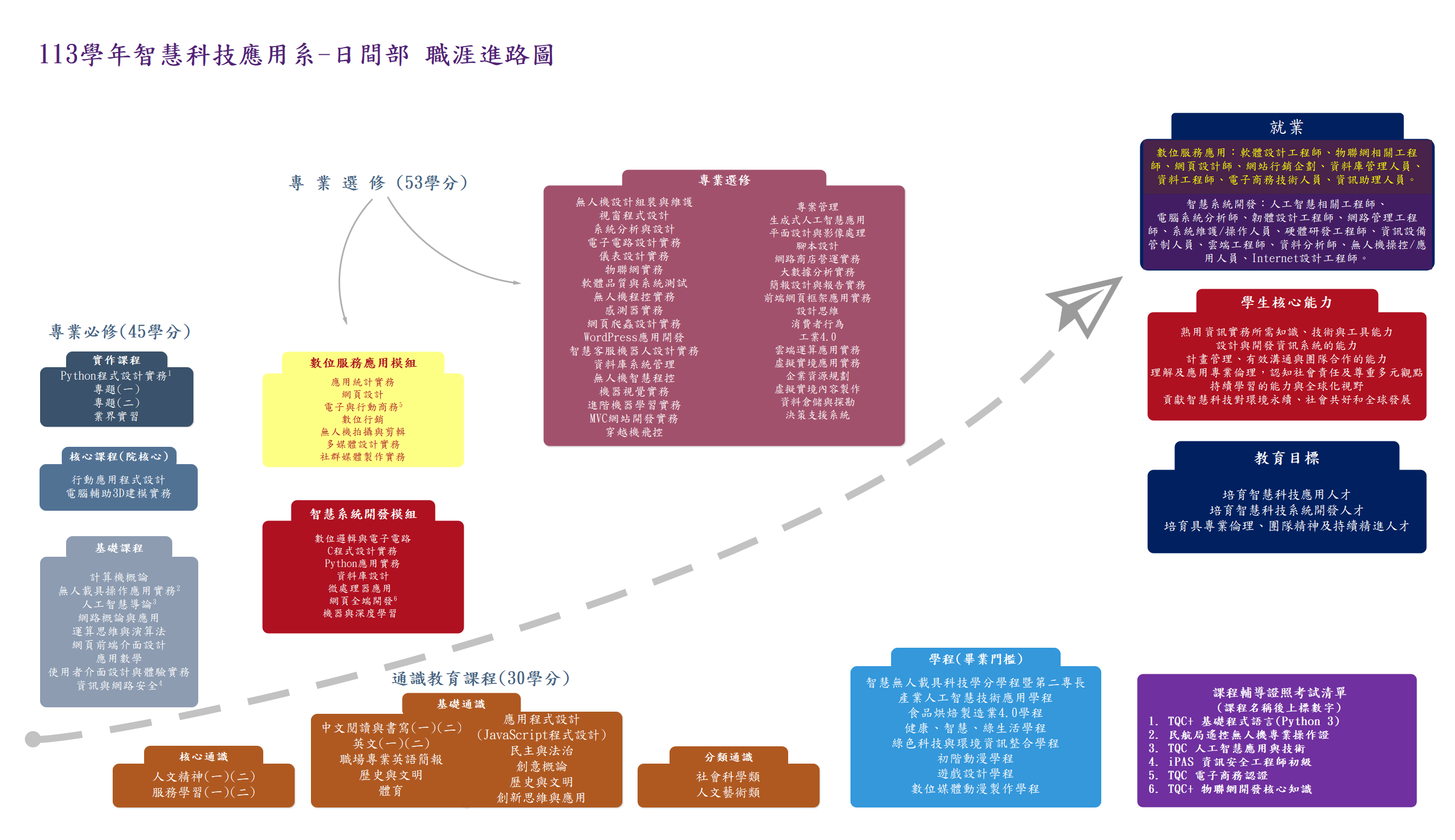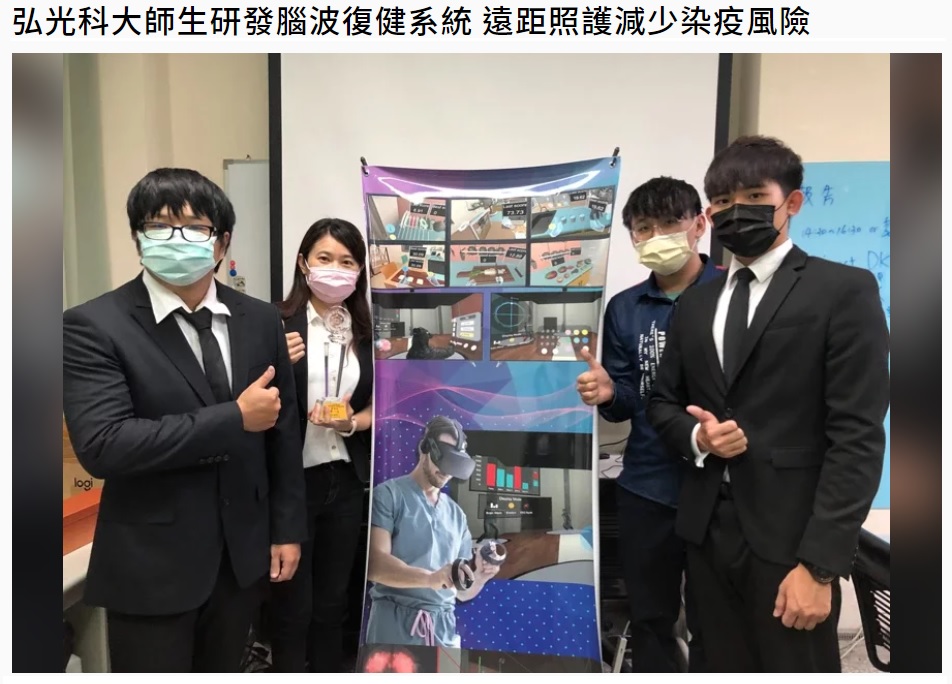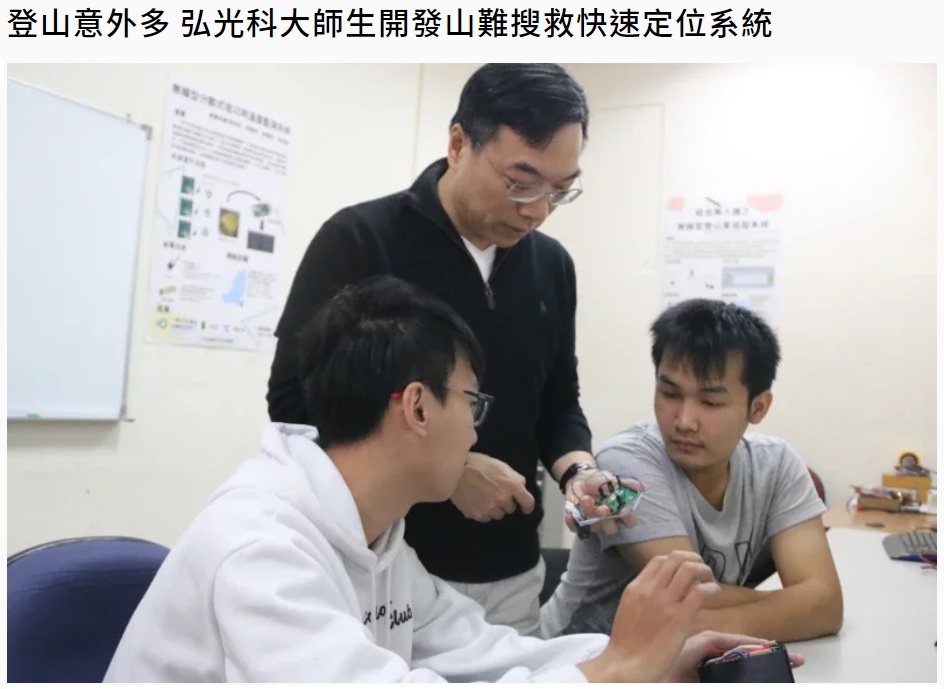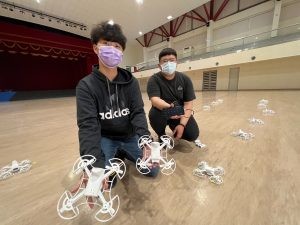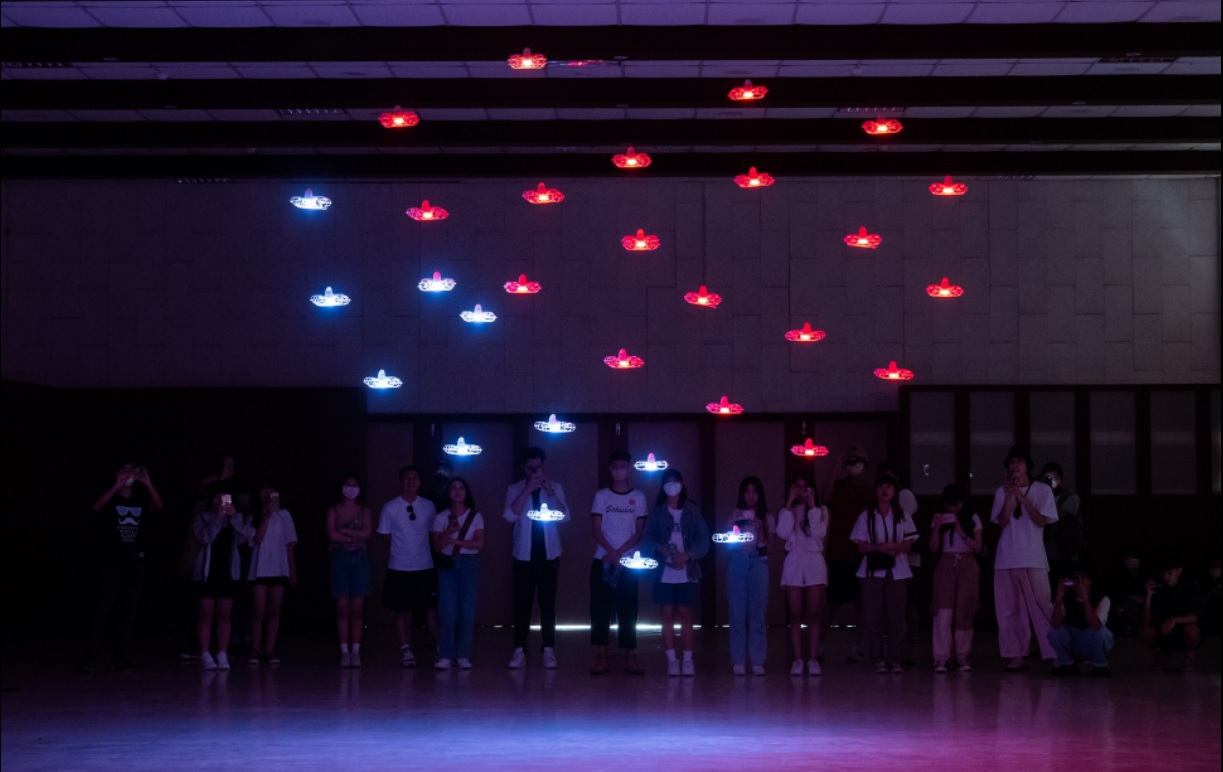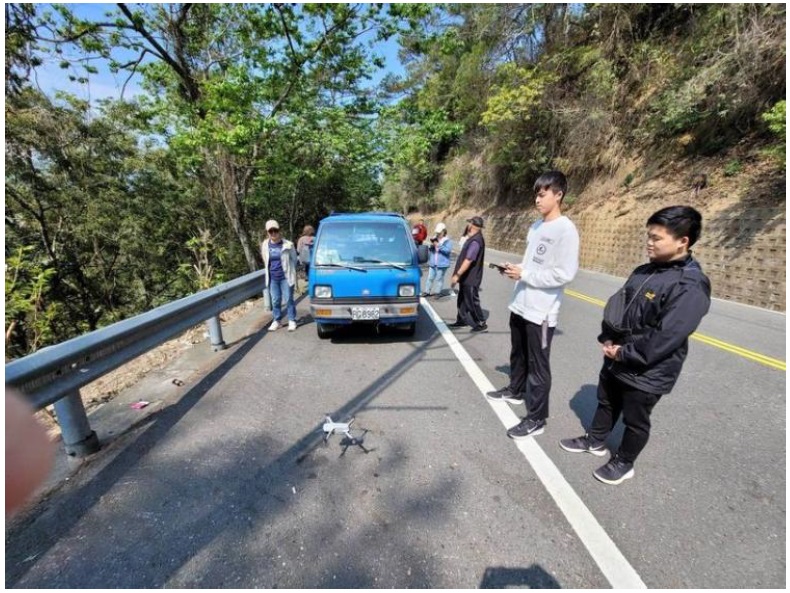
The educational goals of the Department of Intelligent Technology and Application aim to cultivate interdisciplinary talents with the ability to apply smart technology and logical reasoning. The formulation of these goals takes into full consideration industry demands, trends in technological development, and the guiding principles of the school’s educational philosophy. The goal is to equip students to thrive in the ever-changing field of technological applications after graduation. The following is a comprehensive analysis and description of the educational goals of the Department of Intelligent Technology and Application.
Industry Demands and Trends
Interdisciplinary Integration:
As industries seek to solve complex problems and innovate, there is a growing demand for professionals who can integrate knowledge from different domains. Therefore, talents in applied technology need to possess interdisciplinary skills to apply knowledge across various fields.
Data Science and Artificial Intelligence (AI):
With the continuous advancement of big data and AI technologies, industries require professionals in applied technology with capabilities in data analysis and machine learning to provide intelligent and effective solutions.
Smart Cities and IoT:
The development of smart city and IoT technologies has led to a significant increase in demand for professionals in applied technology. These talents need to possess relevant technical knowledge to participate in the development of smart cities and IoT applications.
Information Security and Privacy Protection:
As data applications expand, information security and privacy protection have become focal points of industry concerns. Professionals in applied technology must have knowledge in information security to ensure the safety of data and information.
Current Status and Trends in Professional Knowledge
Artificial Intelligence and Machine Learning:
Given the widespread applications of AI and machine learning, students need an in-depth understanding of these technologies and the ability to apply them in practical scenarios.
Full-stack Web Development:
The diversification and complexity of web applications have led to a sharp increase in the demand for full-stack web development skills. Talents with full-stack web development capabilities can handle both front-end and back-end system development, providing a more comprehensive and high-quality user experience.
IoT Technology:
The development of IoT allows various devices to connect and collaborate. The curriculum should include IoT technology, protocols, and applications to equip students with the necessary skills.
Big Data Analytics:
As the volume of data rapidly increases, big data analytics becomes a crucial means of extracting valuable insights. The curriculum should emphasize learning tools and techniques for data analysis, cultivating students’ ability to derive information from big data.
Information Security and Privacy Protection:
The curriculum should focus on relevant knowledge in information security to enable students to build secure systems and protect user privacy.
Educational Goals of the Department of Intelligent Technology and Application
- Cultivate Interdisciplinary Talents in the Application of Smart Technology and Logical Reasoning:
- Focus on developing students’ application abilities across different fields, enabling them to solve complex real-world problems.
- Foster Professionals with Civic Literacy, Ethical Values, and Social Responsibility in the Application and Development of Smart Technology:
- Emphasize the importance of civic literacy, ensuring students understand and address the societal impact of technology while adhering to professional ethics and social responsibility.
- Cultivate Talents with Forward-thinking, International Perspectives, and Continuous Innovation Growth:
- Promote forward-thinking and international perspectives, encouraging students to embrace continuous learning and innovative thinking to adapt to the ever-evolving field of smart technology.
- Establish a Solid Foundation in Professional Technology, Cultivate Team Collaboration, and Enhance Practical Experience:
- Focus on practical operational skills, emphasizing the learning of professional technology and fostering a strong spirit of teamwork.
Integration with School Motto and Educational Philosophy
The educational goals of the Department ofIntelligent Technology and Application align with the overarching principles of the school’s educational philosophy. The emphasis on interdisciplinary integration reflects the school’s commitment to ‘people-oriented, caring for life.’ Similarly, the focus on civic literacy, professional ethics, and social responsibility resonates with the spirit of ‘Hongyi and Boai,’ the school’s motto. This integration ensures that the educational goals of the department align with the overall philosophy of the institution, contributing to the development of professionals with both humanistic qualities and technological capabilities.
Teaching Methods and Practical Strategies
To achieve the aforementioned educational goals, the Department of Intelligent Technology and Application employs the following teaching methods and practical strategies:
- Interdisciplinary Course Design:
- Design courses that span multiple disciplines to allow students to apply various skills when solving problems.
- Real-world Case Analysis:
- Incorporate real-world cases to enhance students’ applied abilities through the analysis and resolution of practical problems.
- Internships and Practical Projects:
- Provide internship opportunities and involve students in practical projects to enhance their operational skills and gain practical experience.
- Ethics and Social Responsibility Education:
- Strengthen education on ethics and social responsibility to instill in students the ability to consider societal impacts when applying technology.
- International Exchange and Internships:
- Offer opportunities for international exchange and internships to broaden students’ international perspectives and encourage the development of a global outlook.
In summary, the educational goals of the Department of Intelligent Technology and Application consider industry demands, current trends in professional knowledge, and align with the school’s motto and educational philosophy. Through comprehensive teaching methods and practical strategies, the department aims to nurture high-quality professionals with interdisciplinary knowledge, applied skills, and humanistic qualities. This approach not only establishes a solid foundation for students’ future careers but also reflects the institution’s commitment to continuous innovation and progress in education.”
